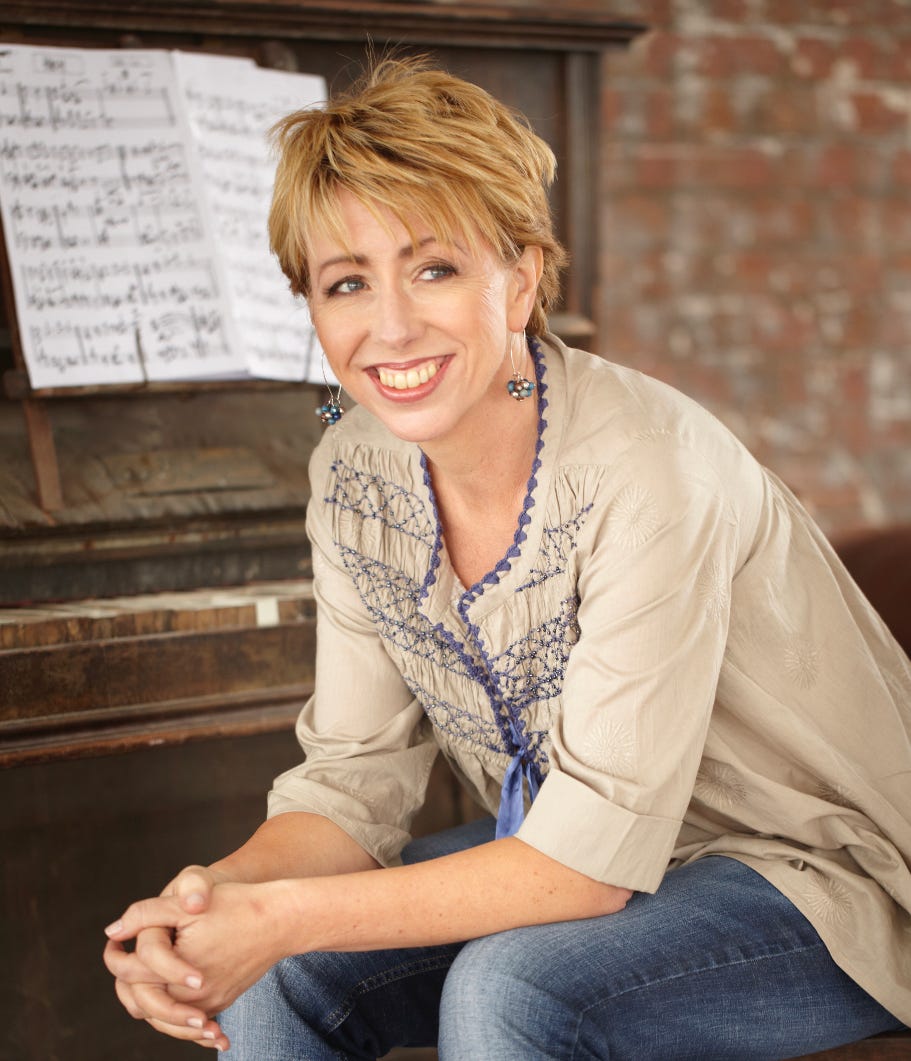Change of Sky: An Interview with Nikki Iles
The first woman chief conductor of a German radio big band on her musical life and breakthroughs
When I saw the news of Nikki Iles’ appointment as principal conductor of the NDR Bigband, I leapt from my chair with joy. On April 3rd, NDR announced that the British pianist, composer, and conductor will be the first woman to take the lead at any of the state-funded German radio big bands. Nikki’s initial appointment is for two years.
My interest in Ni…
Keep reading with a 7-day free trial
Subscribe to Call & Response to keep reading this post and get 7 days of free access to the full post archives.




